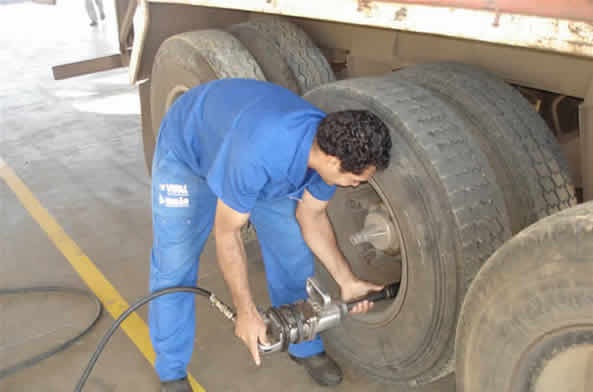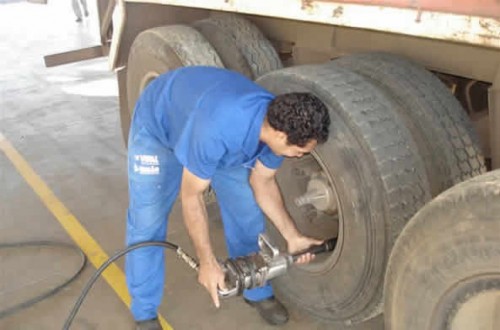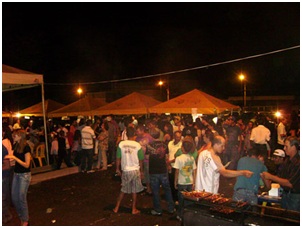Confucius once said that a man who chooses a job he enjoys will never have to work a day in his life. Yes, to work. Or in Latin, tripaliare, which comes from tripalio, an ancient instrument of torture. Every job I have ever done since childhood I did with a whole lot of love and an overpowering need to do it well. They say that perfectionism is a serious character flaw, but I always manage to complete my obligations with the satisfaction of knowing that I have done my very best.
That’s why I like to narrate my life experiences. Though I stay wary of the dosage of vanity, which my better friends say is a natural human sentiment and therefore pertinent to us all. Anyway, I still want to be able to look back on more than 60 years of serious life’s work. Probably, I will tell only simple stories, but which in essence hold excellent memories.
To tell for example of the times when I was a tire repairman working at a roadside gasoline station at the far end of my small town, Pompéu, in Minas Gerais, in this country where it is all too common for children to have to work in order to survive.
In the year 1955, I worked at Jussara’s Station with pride and pleasure. As pump attendant, carwasher or tire repairman. Today I will tell of my role as a tire repairman. I wanted to be the best tire repairman in the world! What’s more, I wanted to squeeze out all the learning I could that furthered my function as a tire repairman.
At 14 years old, I was impressively strong and had an even larger way about myself. I learned to change big rear-end tractor tires and, while empty, I—alone—could lift them against the wall and calculate the point at which the valve must be positioned in order to fill the 1/3 of water needed to stabilize the machine.
I left everything all ready and set to engage and screw on the tractor with the help of the operator when he arrived at the station to pick up the machine. I liked to show anyone and everyone the system I discovered to perform alone a task so seemingly complex.
I was an artist at making inner tube patches: I would carefully shave the rubber, brush on the glue and cut out the special “patch.” Then I put it on the hot engine block of the machine itself and added unscented talcum powder. I was careful to wait for it to cook exactly ten minutes, turn off the machine, let it cool and remove the perfect inner tube as if it were brand new. I filled it with air then took it to the water tank for testing: the piece was perfect. Yes, a perfect patch. The kid with exaggerated confidence spoke plainly to the owner of the inner tube, “If you can show me where the patch is, the service is on the house. You won’t pay a penny for the repair!” Everyone had to pay, because not even I could tell where the repair had been made.
One day, a meek and unemployed driver came into town from a much larger locality. I only remember that we called him Maruco. He was the one who taught me how to make treads. The treads were cut out of old tires to be used as a protective layer inside of tires that had suffered cuts, preventing them from “biting” the inner tube and causing a flat.
Closely following the guidance of the out-of-towner, I ordered a cutting tool to be custom made, curved with two wooden handles at each end with two large knives I bought. When there was no work to be done, I was capricious in the fabrication of treads. With the new tool that I developed, I skived the rubber of inner tubes from trucks, finalizing the fine finish with the knife so that the piece would set in perfectly, without edges or burrs, inside of each tire.
It was an extra buck I saved up to buy gifts for my mother on her birthday and at Christmas. At that time, fortunately, at least in the country’s interior, we had no television, and we did not have the custom of giving gifts on mother’s day.
Even today, I recall the words of praise I received from truckers that bought my products when they exaggeratingly would say: “it’s a shame to put such a well-made piece into such an old worn-out tire.”
I kept my pay well in my pocket, but what appealed to me most was the pleasure of doing a job well done. I feel this same pride even today, more than 70 years old as I narrate my experiences as a manual laborer from more than half a century ago.
Related Articles














